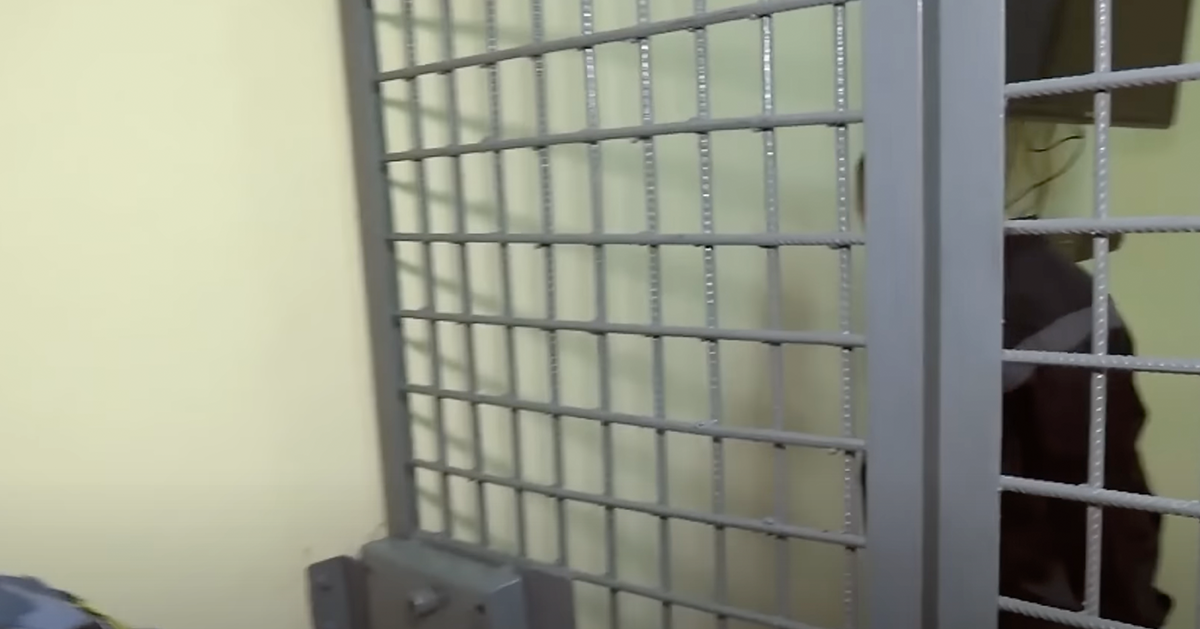UN Nuclear Watchdog Criticizes Iran Over JCPOA Failures
The 2015 nuclear deal with Iran, known as the Joint Comprehensive Plan of Action (JCPOA), is reportedly on shaky ground as major signatories accuse Iran of escalating its nuclear program and violating the commitments it made under the agreement.
Rafael Grossi, director of the International Atomic Energy Agency (IAEA), has expressed frustration over Iran's lack of cooperation with the Obama-era plan and the difficulties in reviving any semblance of the JCPOA's provisions or intent, as Breitbart reports.
Grossi Criticizes Iran’s Uncooperative Stance
Rafael Grossi recently stated that the 2015 nuclear deal “exists only on paper and means nothing” due to Iran’s disregard for its obligations. His comments highlight a growing impatience and frustration among the international community regarding Iran's actions.
The JCPOA, which was established during the Obama years to prevent Iran from developing nuclear weapons, was never submitted to Congress for ratification. Critics have long accused Iran of cheating since the agreement’s inception.
In 2018, Israeli intelligence revealed documents indicating Iran had violated its non-proliferation commitments under the deal.
The situation worsened in May 2018 when former President Donald Trump withdrew the U.S. from the JCPOA. He criticized the deal, stating, “we cannot prevent an Iranian nuclear bomb under the decaying and rotten structure of the current agreement.”
European Signatories Lose Patience
Despite the U.S. withdrawal, Iran continued to adhere to the JCPOA with European powers, although this compliance diminished over time. Tehran complained about not receiving the economic benefits it expected from the agreement, a sentiment that grew stronger after the reinstatement of U.S. sanctions.
Grossi has expressed his frustration over Iran blocking IAEA inspectors and refusing to meet documentation demands. This behavior has hindered efforts to maintain even a semblance of the deal. “I continue to tell my Iranian colleagues that we must provide the agency with at least minimal access to help return to the second version of the JCPOA or any other agreement,” Grossi said.
The patience of the European signatories ran out when the IAEA board censured Iran 20-2 in early June for blocking nuclear inspectors. Only Russia and China opposed the motion. This censure reflects a growing consensus among major international stakeholders that Iran’s current trajectory is unacceptable.
Further Enrichment and Escalations
Following the IAEA censure, France, Germany, and the U.K. issued a joint statement condemning Iran for escalating its uranium enrichment to near-weapons-grade. They described Iran’s actions as “hollowing out the JCPOA” and a “further escalation of Iran’s nuclear program, which carries significant proliferation risks.”
In response to the rising tensions, Iran announced plans to further enrich uranium. This decision underscores the escalating nature of the situation, as both sides grapple with failed diplomatic efforts.
The joint statement also highlighted Iran's operation of advanced centrifuges at the Natanz facility and its plans to install more at both Natanz and the Fordow sites. These actions constitute clear violations of both the JCPOA and the 1970 Treaty on the Non-Proliferation of Nuclear Weapons (NPT).
Grossi's Hopes for Future Cooperation
Despite these challenges, Grossi has not abandoned efforts to salvage the situation. He is hopeful that Russia might exert pressure on Iran to cooperate with the IAEA. “We know that Iran is considering a number of activities which require construction of new facilities, installing new cascades, among other things. They should be informing us of those changes,” he said.
However, Grossi admitted that Iran has not been keeping the IAEA informed about its new activities and the construction of new facilities. This lack of transparency continues to fuel concerns over Iran's nuclear ambitions.
As the international community watches closely, the JCPOA's future remains uncertain. With Iran's ongoing defiance and the growing impatience of other signatories, the path forward is fraught with challenges.
The Path Forward for JCPOA
Grossi's criticism underscores the tenuous state of the JCPOA and the international community's difficulty in managing Iran's nuclear ambitions. While the IAEA continues to seek minimal cooperation from Iran, the lack of transparent and comprehensive engagement remains a significant barrier.
In summary, the 2015 nuclear deal with Iran has failed to achieve its goals as Iran continues to escalate its nuclear activities while disregarding its commitments. The international community, led by Grossi and the IAEA, remains frustrated with Tehran's lack of cooperation and transparency.
Proponents of salvaging the agreement say it is essential to monitor developments and advocate for diplomatic efforts that can bring all parties back to the negotiating table. The situation’s complexity underscores the need for ongoing vigilance and strategic engagement to prevent further escalation and ensure global security.




